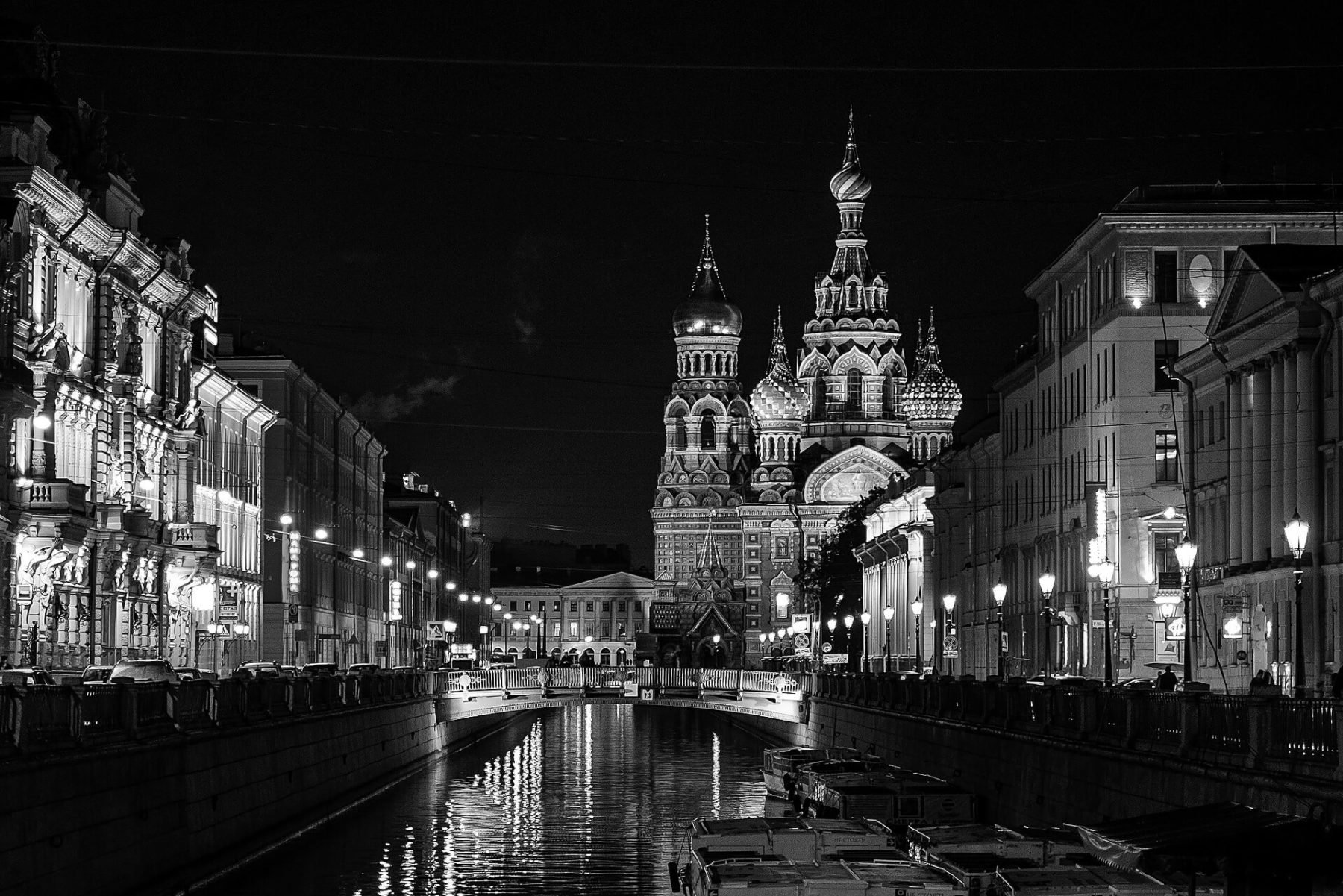Russia has been in the news a lot recently.
Reports of cyber-attacks, email hacks and surveillance have been flooding in as the 2016 U.S. presidential election comes to a close (you can read more about the controversy and recent developments here). These associations with digital espionage, combined with a mostly growing economy have further cemented Russia’s status as a powerful player in the international arena. Along with being a key nation in modern international affairs, Russia has also been a promising yet elusive market for those in the business of planning global marketing strategies.
Russia is Europe’s largest market with a population of over a 143 million, and yet foreign companies historically have had trouble accessing the full purchasing power of Russian citizens. What keeps non-Russian corporations out can seem a little mysterious, given the new, globalized marketplace. Here are a few reasons why Russia is such a difficult country to enter, and how to adjust your global marketing plan for this tricky, but valuable market.
Russians Love Their Language
Russian is one of the hardest languages out there to learn, particularly for English speakers. The Cyrillic alphabet with its 33 letters, the unusual rules surrounding articles and word emphasis, and the complexities of its six noun cases make it one of the most difficult languages to learn as a second language. And translating Russian is just as difficult. The Russian language is incredibly lexically rich with plenty of terms and descriptors that have six or seven synonyms in English, or simply defy translation altogether.
That is not to mention the difficulties of reformatting text into the Russian alphabet, especially for web content where design and other factors can heavily limit character space. As you develop your global marketing strategy, be sure to get help translating your print or digital materials.
And for Russian consumers, translation is absolutely necessary as a vast majority of them don’t speak a second language. Russians won’t be able understand marketing material that hasn’t been completely and carefully translated into their own language. As you create or write copy, taglines and other materials for a Russian audience, be sure to plan for the changes that come with translation. This means adjusting your style of writing, being sure to work only with translators who are native Russian speakers, and planning ahead for the translation and localization process.
Global Marketing to Russians – Go Native
Despite being a fully globalized state with widespread internet access, infrastructure and one of the highest literacy rates on Earth, Russian consumers are unique group in how they have resisted certain aspects of the modern, web-based age. This includes a suspicion of online shopping and payment. While most of the world has fully embraced credit card payments on the web, a majority of online purchases in Russia are paid with cash upon delivery.
On top of that, a common perception is that local Russian companies, especially small businesses, are more trustworthy and cheaper. Any foreign corporation trying to appeal to Russians will have to fight that stigma.
This means that along with translating all materials, it would also be wise to fully localize your company’s web presence in Russia. This might mean looking into getting a .ru domain for your company’s website to appear more native. Having a Russian domain is extremely useful for your global marketing plan, especially given how different Russian internet habits are in comparison to most of the world.
The Russian Internet Runs By its Own Rules
Despite Google and Facebook’s best efforts to rule planet Earth, Russians have their own search engine and social media site that they prefer over these ubiquitous Western brands. About 60% of Russia’s internet searches happen on Yandex, a Russian language search engine. And Vkontakte, Russia’s answer to Facebook, is the most popular site in the country putting it miles ahead of other social sites like Twitter.
A typical social media or paid search campaign won’t reach a large audience in Russia. If you do a PPC campaign, be sure to do it on Russia’s native sites like Yandex to reach the number of people that you want.
Russia may be difficult, but it’s not impossible. Know your audience, their preferences and their needs and you most definitely can take advantage of the opportunities that lie in wait in this beautiful, perhaps politically fraught country.

